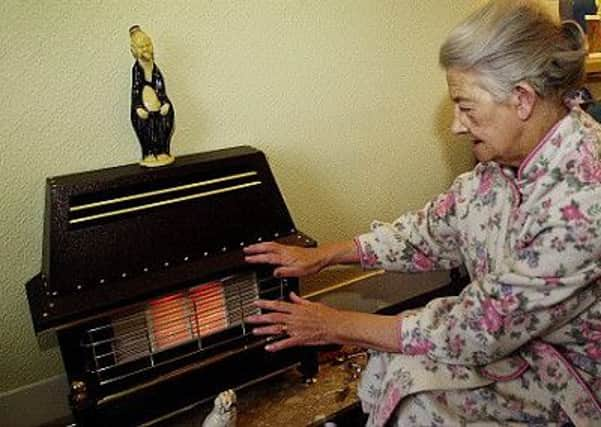£400m could heat a lot of fuel poverty stricken homes: Cusack


SDLP Councillor Shauna Cusack made the comments as the committee welcomed Department for Communities fuel poverty expert Oliver McHugh to the city for a briefing on the roll-out of its Affordable Warmth Scheme (AWC).
“I don’t envy you coming to deliver the presentation today after what we’ve been hearing in the last 24 hours,” said Ms Cusack.
Advertisement
Hide AdAdvertisement
Hide Ad“Given the scandal engulfing the First Minister, how many homes could £400m heat?” she asked.
During his presentation Mr McHugh, from the DfC fuel poverty and private sector grants team, told committee members how the AWC, which was phased in from September 2014 as the old Warm Homes Scheme (WHS) was being phased out, was more targeted and involved greater expenditure on individual properties.
Mr McHugh said the average AWC spend is £5,000 compared with £1,440 under the old WHS.
He said the scheme, which is locally targeted through a partnership involving the council’s own affordable warmth team, the Northern Ireland Housing Executive (NIHE) and the Ulster University, has been successful in identifying areas of need.
Advertisement
Hide AdAdvertisement
Hide AdAlthough lamenting the £400m overspend on the Department of the Economy’s RHI, Councillor Cusack welcomed Mr McHugh’s presentation.
She did, however, refer to delays experienced by some applicants in graduating from the referral stage to installation.
Mr McHugh said this could be partly explained by issues around securing building control approvals for new installations.
“We are trying to get to a stage where when an installer contacts building control, they can go out that day,” he said.
Advertisement
Hide AdAdvertisement
Hide AdSinn Féin Councillor Eric McGinley suggested greater resources for self-referring applicants would improve the scheme but recognised the valuable work being done.
He said: “We want to continue to support the scheme as it benefits hundreds and thousands of households and people.”
Independent councillor Paul Gallagher asked how the areas of need were identified.
Mr McHugh said university number-crunchers process the locally-gathered data.
Advertisement
Hide AdAdvertisement
Hide Ad“Ulster University throws magic dust on the information and comes up with the areas,” he told the committee.
He said pockets of 100 homes or more are identified and that the top three areas in Derry City and Strabane where all in Creggan.
Mr McHugh advised that these areas, however, were not restrictive and that the council’s affordable warmth team has flexibility in the scheme’s implementation locally.
“It’s not a postcode lottery,” he added.
The current scheme is expected to run until March 31, 2017.